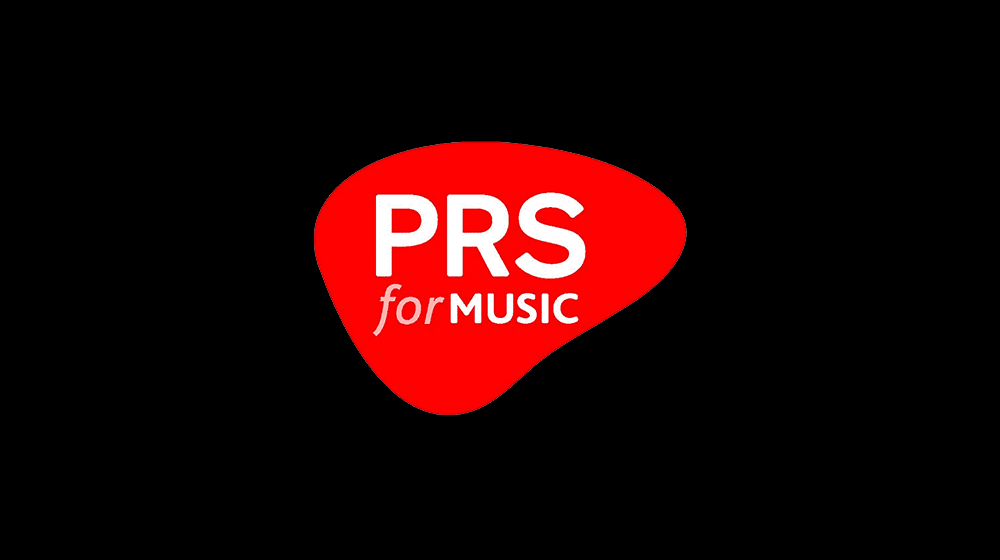(Hypebot) — Here David Deal digs into why the stage patter buried in live vinyl albums is still so relevant today, and what it reveals about an artist and their performance style.
Guest post by David Deal of the Superhype Blog
One of the ways I learn about musicians is to pay attention to their stage patter on record albums, and fortunately the vinyl resurgence makes this particular form of immersion easy to do. On a live album, a musician’s interaction with the audience can reveal something important about the artist. On the Doors album Absolutely Live, when Jim Morrison screams “Shut up!” at a chatty audience in the middle of “When the Music’s Over,” you are hearing an important moment in Jim Morrison’s life when he was experimenting with the confrontational performance technique he’d learned at the Living Theatre in Los Angeles.

Then there’s Mick Jagger on Get Yer Ya-Ya’s Out!, teasing his audience with, “I think I busted a button on my trousers. Hope they don’t fall down. You don’t want my trousers to fall down, now do you?” This quintessential Mick Jagger moment, all ego and sexual bravado.

Sometimes stage patter becomes as memorable as the music. On One More From the Road, when Ronnie Van Zant famously asks, “What song is it you wanna hear?” the audience’s lusty “Freeeee-birrrd!” response becomes a defining moment for fan zealotry. (Whenever you hear someone at a concert jokingly shout “Freebird!” you now know where the joke originated.)

One of my favorite albums with interesting stage patter is Charley Pride’s In Person, a 1969 recording of a concert in Ft. Worth, Texas.

His personal story is one of overcoming poverty and racism on his way to becoming something very rare: a Black country music superstar. He was born to a family of poor sharecroppers in Mississippi in 1934. At age 14, he learned how to play guitar. Throughout his life, he thought his ticket out of poverty would be professional baseball, and indeed he played a considerable amount of minor league ball until an arm injury cut short his dreams. After his baseball career ended, he worked construction and unloaded coal from railroad cars in Montana, a dangerous job. Well, all this time, he was singing. And he was good at it. When he was playing ball, he sometimes sang before games, which increased attendance and earned him some additional income. After baseball, he keept at it, playing gigs in regional bars. He became good enough to land a recording contract at RCA Victor in the 1960s. RCA believed in him, but it was hard to get record promoters to play country music by a Black musician. But fortunately for Charley Pride, when his songs such as “Just Between You and Me” got played on the radio, where white listeners did not know the color of his skin, he caught fire. https://www.youtube.com/embed/1-VrQyRPXqs?feature=oembed
As his popularity rose, he started to perform live to white audiences who were in for quite a surprise when a Black man walked onstage to sing the songs that they’d fallen in love with. The audience did not always welcome you with open arms. But he quickly won them over with his charm and enormous talent. The album In Person captures the essence of Charley Pride – his easygoing singing style and his warmth. “Oh, you’re mighty fine,” he says from time to time, acknowledging the enthusiastic applause. (It’s clear his audience loves him.) During two important moments, he also reveals profound truths about his difficult past. Before he launches into the rollicking “Shutters and Boards,” he says, gently, “I’ll tell you, it’s getting a little warm up here, but I’ll guarantee, I’d rather be seating up here than picking that cotton in Mississippi.” If you’re distracted, while you’re listening you might miss the remark – but when you hear it, you think of the album in an entirely new context. That one remark says everything about where he’s been and his motivation for succeeding. And then, before the final song on the album, “Cotton Fields,” he makes that motivation even more clear when he introduces the song. He says “Cotton Fields” is personally important to him because “It reminds me of what I never want to go back to doing. It hurts my fingers, my back, and my knee. When I go onstage, I try to sing the best I can, because I don’t want to go back to doing it anymore.”
For Charley Pride, there was no going back. He would go on to record 52 top-10 hits on the Billboard Hot Country Songs chart, and 30 of those made it to Number One. After he became an undisputed star, he most certainly put his life on the line performing in Belfast at the height of the Troubles in 1976 – at a time when it was too dangerous for anyone to travel there to perform. That’s the kind of man Charley Pride was. Brave enough to risk his safety to perform his music. Brave enough to travel down the lonely road of becoming a Black country singer. Brave enough to open up about himself onstage. He was inducted into the Country Music Hall of Fame in 2000. In 2020, he died at age 86 of complications from Covid-19.






























































